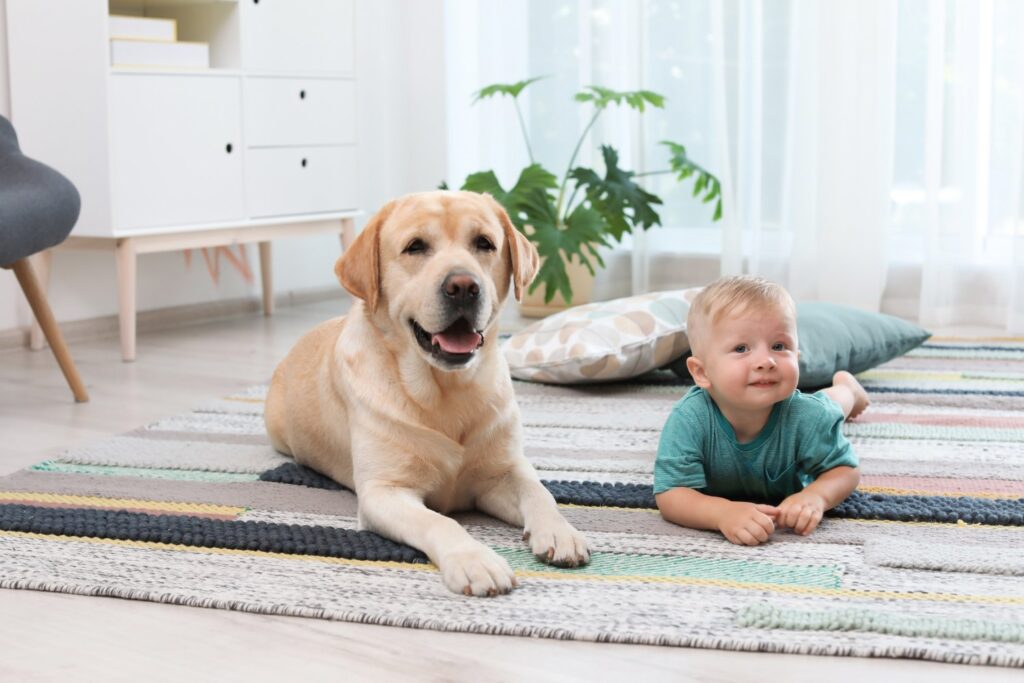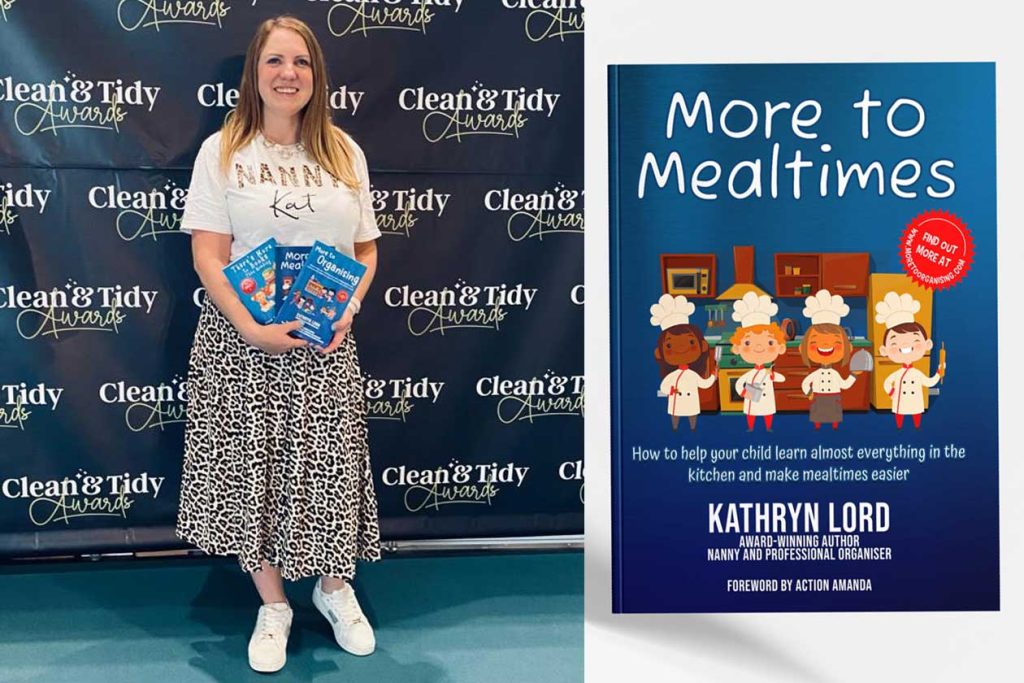How can children manage grief – learning from our pets

When it comes to the tricky subject of death, pets are able to teach us so much. Though we may not remember that first loss all too fondly, it shapes us in so many ways.
To give an example, I lost my pet goldfish Sidney at the age of eight. Initially, Sidney had been in a tank of his own with my brother’s new fish, but we had chosen to move both of them to the bigger tank with some of the other fish. Unfortunately, he had been unable to adapt and passed away the next day.
When my brother’s fish survived and mine didn’t, I felt it very unfair. My brain had a vague understanding of death, but it couldn’t make sense of the fact that my fish had to be the unlucky one. Though Sidney wasn’t the first pet that I had lost, his loss was the first that – in hindsight – helped me to understand the five stages of the grieving process.
• Denial
• Anger
• Bargaining
• Depression
• Acceptance
Firstly, you deny the facts. You wonder why something bad had to happen to someone or something you care about. This denial inevitably becomes anger, and a continued struggle to understand. You try to bargain with the facts, but unfortunately death is non-negotiable. This leads to a depression; a sense of overbearing hopelessness, but this does give way to an eventual acceptance.
The same can be true of any loss. As we grow and develop, we form particular bonds with our pets. We learn how to love and appreciate something that depends on us. We form memories and bonds that live with us forever, no matter how great or small that pet is. That isn’t to say this cycle is universal for everyone, but it is one of many ways we can understand and eventually accept the situation.
Around four years later, I lost my father to cancer, and the process of grief has been remarkably similar. When you lose someone you love in circumstances beyond your control, the five-stage cycle is always likely. Of course, different people deal with grief in different ways – no two ways are the same, nor are any of these different ways wrong. But speaking personally, I feel that I would have struggled a lot more without the benefit of my earlier experience.
With this in mind, this tale on one of the 1decision Rainbow Drops is the perfect example of a wonderful coping mechanism. During the video, Purple loses her pet bird, but chooses to make a memory box with her Dad in order to cope with the grief.
Though the Rainbow Drops are tailored toward those in the 3-5 age group, our curriculum goes beyond with videos on dealing with grief in the Feelings and Emotions section of the Primary (ages 5-8) portal. The upper Primary portal (ages 8-11) also deals with an array of related emotions; worry, jealousy and anger.
Given that loss can impact us at any stage of our development, it is crucial that younger children are well prepared for any eventualities. Losing a pet is a dreadful experience for anyone regardless of age, but at an early stage in our development, it can help us to understand that the world can sometimes seem cruel or unfair.
We also have the Nurture Group portal, which deals with the more difficult and sensitive concepts. Our pool of resources deal with the issues of mental health and self-esteem in particular. Our mental health is so important, and talking is a vital first step on the road to recovery. For more information on our Nurture Group, feel free to consult our website here.



